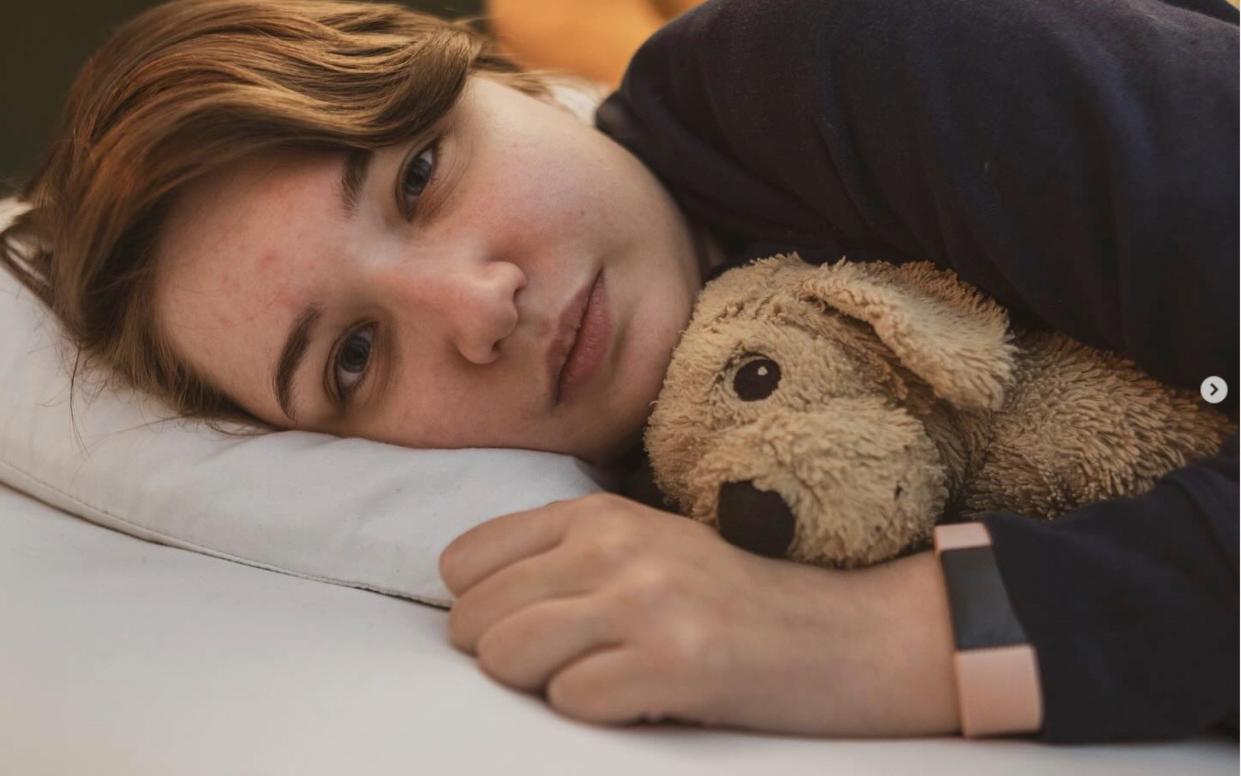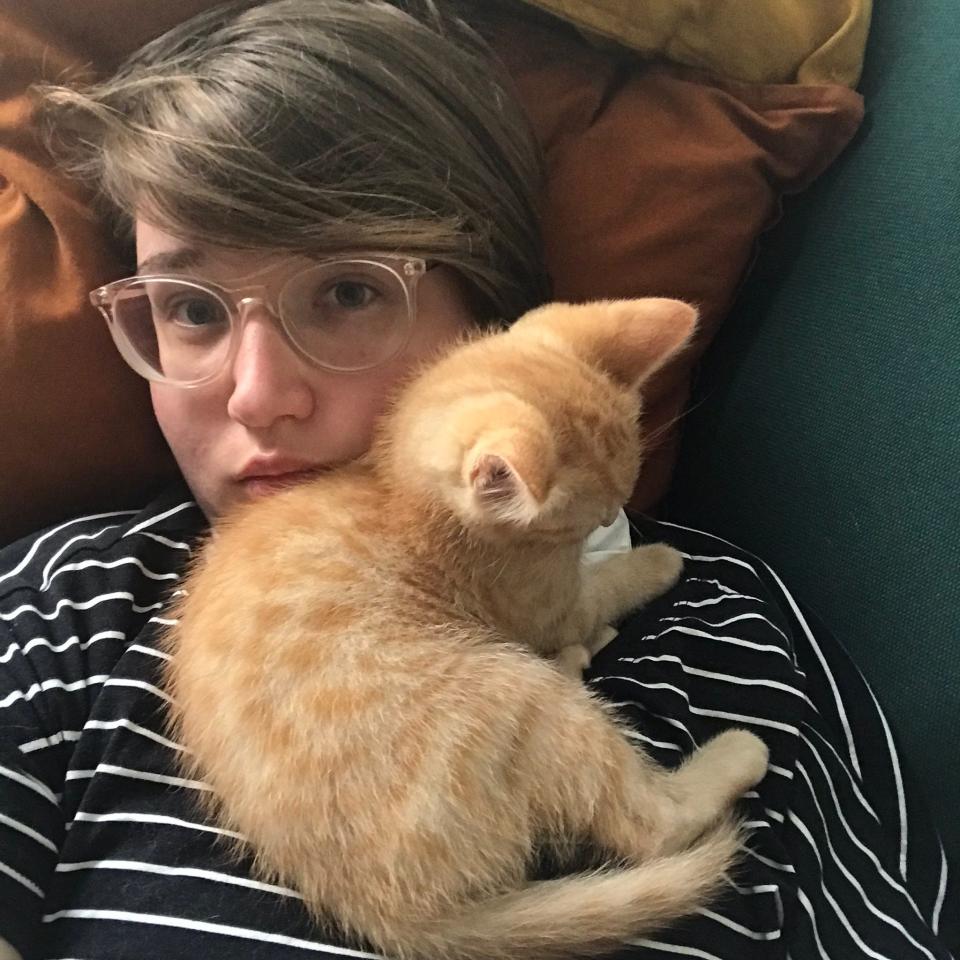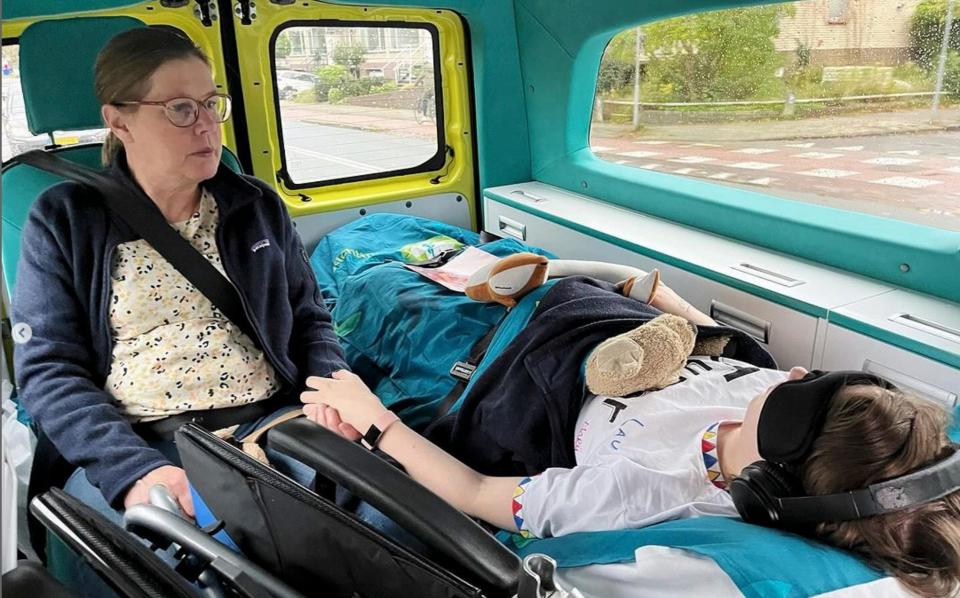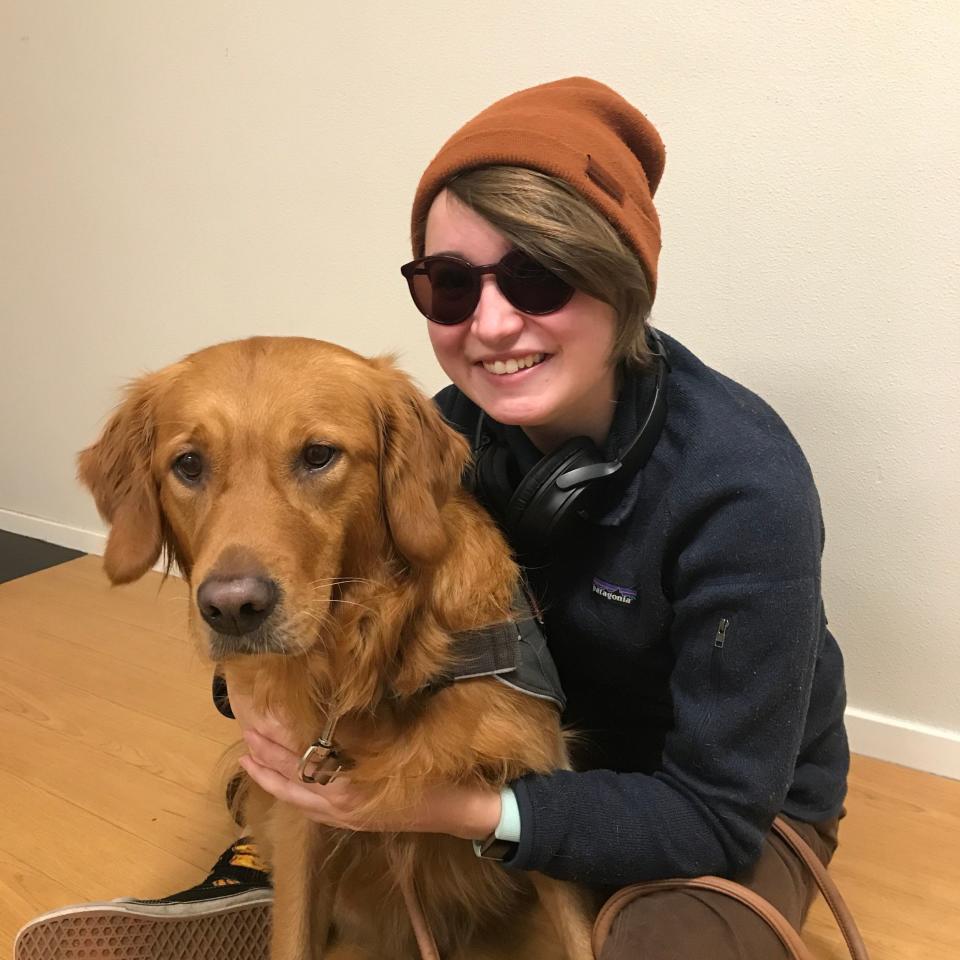28-year-old Lauren Hoeve died by euthanasia – to a degree, I understand her pain

Last Saturday, an autistic Dutch woman died at home by assisted suicide, with her parents and best friend by her side.
Her passing is significant to those far beyond her circle or who followed her on social media. Why? Because Lauren Hoeve was only 28-years-old and a great deal of her anguish was psychological.
She wasn’t riddled with terminal cancer or being slowly paralysed by motor neurone disease, those wicked afflictions we can all agree are unbearable, even if we vehemently disagree on whether a doctor should be sanctioned to end them.
Hoeve, who also had ADHD, had been in the grip of severe chronic fatigue syndrome, also known as ME, since 2019.
Before her diagnosis she was a keen climber and runner. But as she grew increasingly bedbound and despairing, she documented the nausea and exhaustion in her blog Brain Fog. Her life, she said, was “absolute torture” and for that reason she wanted to die.

I understand. To a degree. I understand, because there was a time in my life when I too wanted nothing more fervently than to be dead.
I was in my mid-30s and my newborn daughter was sleeping in her moses basket as I planned my own funeral, chose the hymns, the readings, who would give the eulogy.
I was insomniac, I had stopped eating. I was convinced the dog was going to die too, so I stopped feeding her.
But that just meant my husband took over – and I recall noting with surprise that her appetite was unaffected, her zeal undiminished. Still I knew death would find us, somehow.
As I breastfed the baby I made a mental note of all the unattached women I knew and then wrote a list so my spouse could remarry without delay; I knew single fatherhood wouldn’t suit him. I felt compelled to tidy up loose ends, so those around me would approve.
I later learned from my psychiatrist that I was in the grip of what is called passive suicide ideation. The morbid ruminations were just one of the terrible symptoms of postnatal depression.
I wanted to be dead but – mercifully – I lacked the energy or drive to take my own life.
Hand on heart, had anyone suggested I be helped along with a pill, I would not have hesitated. But there was no question of that.
Instead, I was given anti-depressants and with therapy the anxiety damped down and my mood lifted. But the deep, indelible traces of bleak hopelessness are laid down forever in my memory.
I am certain any clinician would immediately have recognised my condition as temporary and eminently treatable. But mental illness can be fiendishly hard to diagnose – and in the context of assisted dying, legal definitions are non-negotiable.
In public discussion, voluntary euthanasia tends to elicit a binary response. There are those who are outraged that Hoeve was helped to die; aged just 28, she had so much to live for and medical advances might yet result in a miracle cure.

Others remain convinced it was the only humane thing to do because her life was so blighted and her pain so overwhelming that although so young, she had so little to look forward to.
Who could fail to pity her? But pity only goes so far. Here in the UK there is a growing grassroots movement to address the issue, spearheaded by high profile figures including Dame Prue Leith and the late Dame Diana Rigg, who made an impassioned case to legalise assisted dying in a message recorded shortly before her “truly awful” and “dehumanising” death from cancer.
Dame Esther Rantzen, who has stage four cancer and has signed up to the Swiss euthanasia clinic Dignitas, is lobbying for a free vote in Parliament on the subject. A petition has reached 70,000 signatures; once it gets to 100,000 it will be considered for debate.
Yet even vocal proponents of assisted dying find themselves struggling to recognise and accept that mental illness is a legitimate reason to end a life.
In this respect, Canada finds itself in the spotlight. It already has one of the world’s most permissive euthanasia regimes; patients are entitled to receive “Medical Assistance in Dying” (MAID) – a practitioner-administered lethal injection – for physical conditions they deem unbearable, whether terminal or not.
And now, in March of this year, barring a last-minute U-turn, the Canadian government will authorise MAID on the request of patients whose only illness is a psychiatric one, such as depression or schizophrenia.
I say “only” advisedly; the remorseless torment of acute mental illness is, quite literally, immeasurable. Those who have never experienced clinical depression cannot begin to grasp the impact it can have or how it turns everything – even the arrival of a much-wanted beautiful baby girl – to acrid dust.
By way of an addendum, six years after my first child was born, my second daughter came along. When she was nine months old, I broke my back in a riding accident.
As my vertebrae cracked, my primitive lizard brain instantly concluded I was going to die. But even in that moment of terror, I knew I wanted to live, my mammalian brain fired off impulses; stay in the recovery position, scream for help, don’t let anyone move me apart from a paramedic.
I survived the accident just as I survived my depression-induced death wish, thanks to modern medicine (and the benevolence of The Almighty).
It is within society’s gift to end the lives of those who have suffered enough, who have no hope and no respite from the pain. But stringent safeguards are crucial.

Hoeve spent years undergoing assessments by various doctors to ensure she was competent to make the decision to die.
Britain is nowhere near the point of introducing assisted dying, but in our ageing, ailing society, the day will inevitably come when we will need to make a decision.
Hoeve’s legacy will be her heartbreaking blog that charts the tragic journey she felt compelled to make. Anyone who cares about dignity in death should read it and weep.

